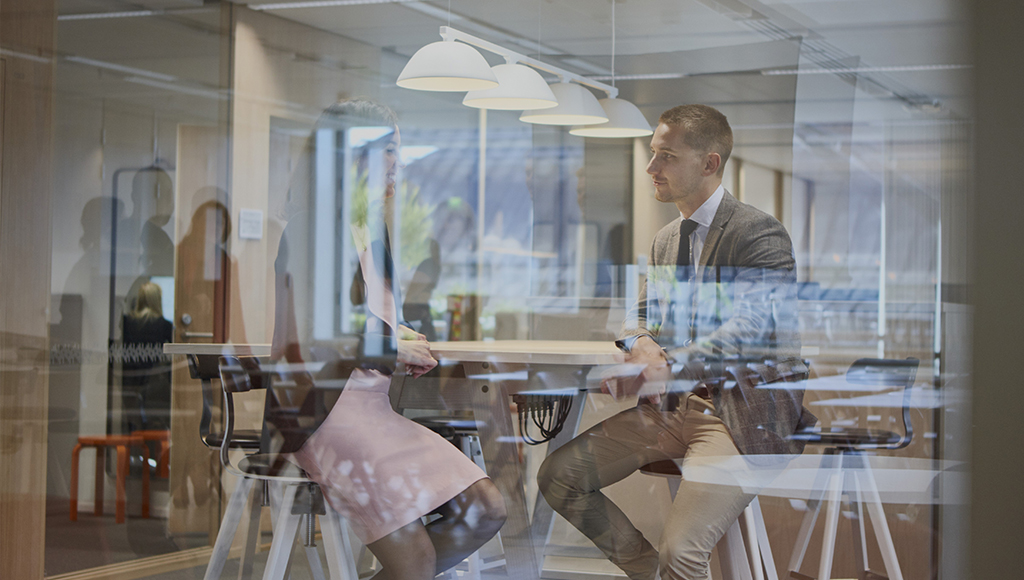
Insights | April 6, 2020
Legal work in the time of COVID-19 – EU & Competition
As the pandemic spreads over the world, impacting everyday lives and work, Roschier’s experts handle an increasing number of complex, COVID-19 related questions from clients, aside from their regular advisory work. We asked partners Ami Paanajärvi and Kristian Hugmark in our EU & Competition team to describe how their advisory work has changed during the last few weeks.
What can the EU & Competition team help clients with in the current situation?
Competition law applies to market conditions and now, market conditions are extreme. That means that competition law assessments also charter into unknown territories. Likewise, State aid measures are now unprecedented. All this is of course affected also by the remote working policies of competition authorities, which put immense pressure on everyone, since timing is critical. Therefore, this is the time to be the trusted advisor to clients, to use all our experience in order to swiftly guide clients through the storm. This is also the time to be creative and see the larger picture. Everyone, our clients, ourselves, society at large, need to find ways to improve healthcare, to support businesses in distress and to find solutions that will make the path back to normal smoother and quicker. Lawyers can help here: suggest how to remove red tape in administration; suggest measures that can be put in place quickly, without the need for new legislation, for example. A lot of what we do know is thus pro bono work together with our clients, for the benefit of all of us.
The most striking development in the competition law arena has been the very quick – approximately a week into the full-blown pandemic – reaction by the European Competition Network (ECN), signaling that in certain, very particular circumstances, a level of loosening of the competition rules, for example concerning cooperation between companies, could be warranted. At least in the course of our careers this is a first. We have yet to see what this could mean in practice, but are following developments very closely. What we would expect to see as examples of this, could be cooperation deemed necessary e.g. in the food supply chain or in the innovation, production and distribution of medical supplies.
What are the most frequently asked questions that your clients worry about?
Most of our client’s immediate focus was, very understandably, on survival and securing the wellbeing and health of their employees. So, competition law was perhaps not in the first wave of critical questions. But quite soon the link to competition law became clear and questions are pretty varied, such as: How can we get state support? How can we as an industry cooperate to ensure continued supply? How can we get merger approvals when everyone is working from home? How can we speed up the process? Will increased consolidation be approved if it is needed for survival?
Particularly clients with ongoing processes – be they merger control or antitrust related – are quite anxious to ensure that unnecessary delays are not caused by the current situation. Our present experience is that both the authorities and private practice have very much the same goals in mind and are working well together to ensure that matters are not disturbed any more than necessary. Looking at this from a pan-European perspective, our impression is also that the Nordic authorities, whom we work with quite a bit, are well equipped to handle remote working and still keep the processes running.
What implications does the situation have on your daily work?
What has been particularly heartwarming and encouraging in all this is our team’s ability to stay close-knit and help both our clients and each other take on the challenge of working remotely whilst keeping as much of society functioning as we can. And the strength that lies in being a full-service, cross-border law firm really carries in these types of difficult times, as we are able to offer our clients versatile and agile advice in response to the many questions that they face. This is not the time to just sit back and wait for things to blow over. We can all help by being creative and supporting those who will take us through this crisis. And by all means, keep the distance and wash our hands.